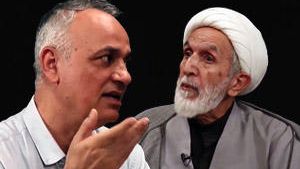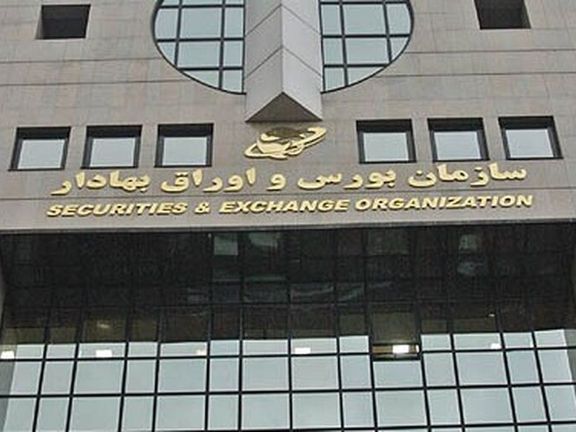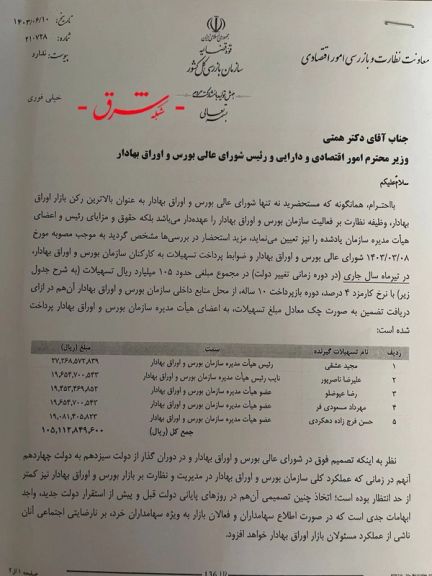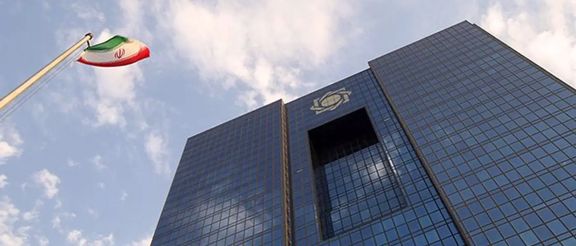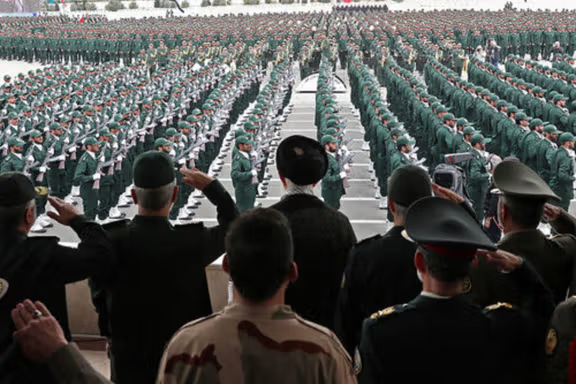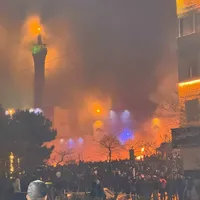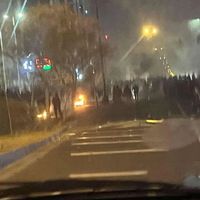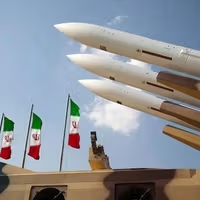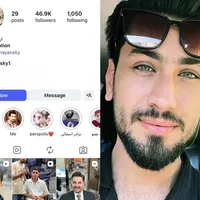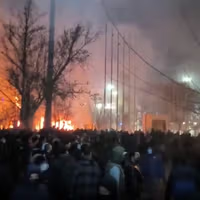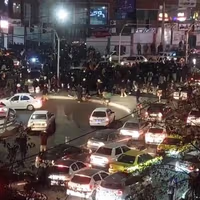Saberin News, a Telegram channel linked to the Revolutionary Guards, reported Monday that the Prosecutor’s office has indicted Zeidabadi for “false allegations and spreading lies” during the debate.
“I know that a request to hold an open trial or having a jury won’t be accepted so I urge the presence of representatives of the Leader’s Office and President’s Office to report the proceedings of the possible trial to high officials,” Zeidabadi wrote Monday on Telegram in reaction to the news of his indictment.
Zeidabadi’s indictment may be more connected to his implied criticism of Supreme Leader Ali Khamenei’s decision to suppress the Green Movement in 2009, rather than his allegations about the brutal torture of prisoners, including himself, at the hands of the Intelligence Ministry and the IRGC in detention facilities. His critique of Khamenei’s role in the crackdown on protests may have crossed a political red line, overshadowing even his harsh comments on the torture practices he endured.
Some hardliners, including Abdolreza Davari, have criticized Zeidabadi for “disrespecting the Leader” during the debate and accusing security forces of torture. Davari argues that Zeidabadi's "radicalism" and his decision to revive a bloody past, which authorities prefer to remain unspoken, could undermine the recent perceived “opening” in the country’s political atmosphere.
Davari served as an aide and adviser to former President Mahmoud Ahmadinejad but later denounced him and in the recent presidential elections supported Parliament Speaker Mohammad-Bagher Ghalibaf.
In the debate, Zeidabadi argued that the crackdown on protesters and the house arrest of reformist leaders Mir-Hossein Mousavi, Zahra Rahnavard, and Mehdi Karrubi—decisions solely attributable to Khamenei—were wrong and have had serious consequences for the nation. He criticized the ongoing house arrests, highlighting their lasting negative impact on Iran’s political landscape.
Harf-e No, an online media platform, broadcast the August 31 debate between Zeidabadi, a former political prisoner, and Mehdi Taeb, the brother of the former chief of the Intelligence Organization of the Revolutionary Guards (IRGC), Hossein Taeb.
Excerpts from the debate have been widely shared on various social media platforms including X and the full version is available on YouTube.
Zeidabadi alleged that some political prisoners were forced to make false confessions not only about their political activities but also about forbidden sexual relations. He recounted enduring unbearable physical and psychological torture in solitary confinement, claiming interrogators would not stop until prisoners made such false statements about themselves and others.
“Do you know how many times there were confessions about sexual issues that were lies? What does this have to do with protests or [the claimed] plots by the US… These are the behaviors that you must change, criticize, and investigate. Probe them at least to see if we are lying or telling the truth,” he told Taeb.
Zeidabadi, who claims he was beaten and lashed on two occasions, also spoke about "rehearsals" in courtrooms, where prisoners were forced to practice the confessions they had been tortured into making. Judges were present during these sessions, preparing prisoners to deliver these false confessions during trials that were often broadcast on state-run television.
His torturers told him to “confess and repent” or prepare to be hanged as “ordered by His Excellency”, that is, Supreme Leader Ali Khamenei, he told Taeb.
“It’s not right to sit here with an easy conscience and say all those [torture allegations] were lies … They were true, they were serious,” Zeidabadi told Taeb.
He argued that the Iranian people lost trust in conservatives once they learned of the atrocities committed during the 2009 crackdown, including the brutal treatment of young protesters at the Kahrizak detention camp. According to him, these events revealed the conservatives’ lust for power, eroding their credibility in the eyes of the public.
In a heavily censored online interview in 2018, Zeidabadi had described how the desperation in solitary confinement drove him to seriously contemplate suicide only to realize he could find no means to end his life.
